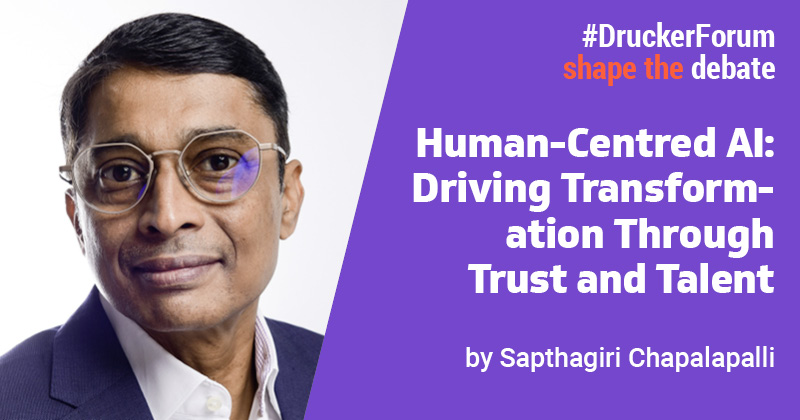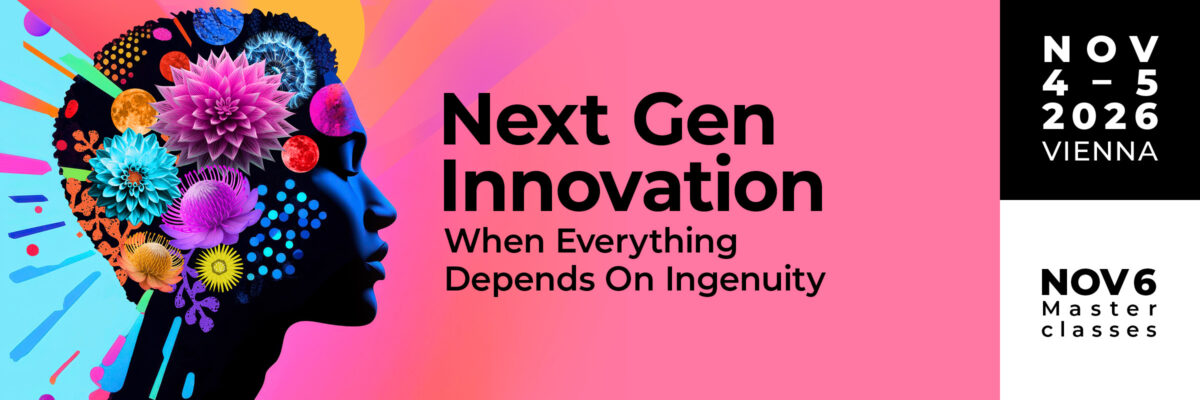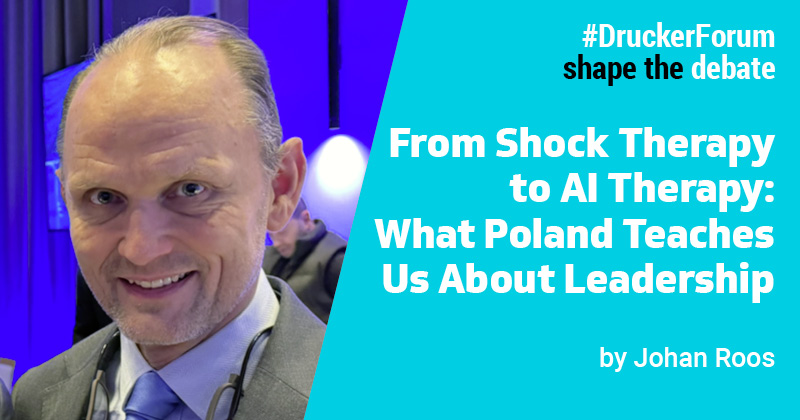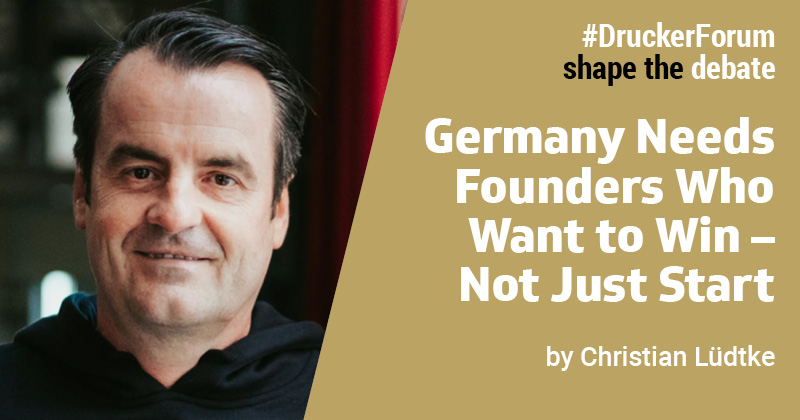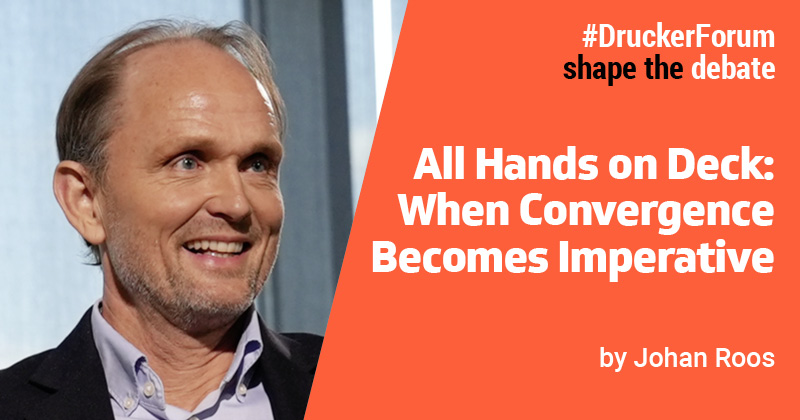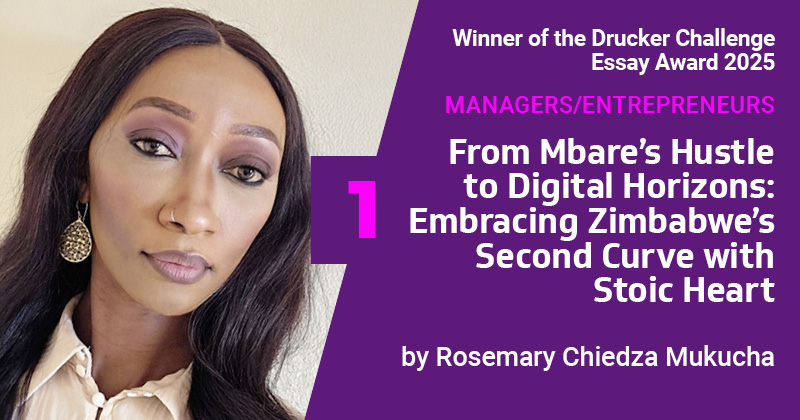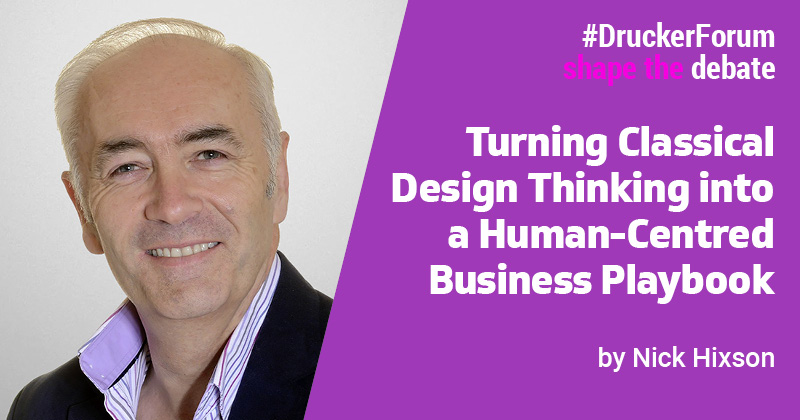Business expansion presents organisations with dilemmas as old as commerce itself: how to scale without sacrificing human connection, and how to balance the demands of stability with the imperatives of adaptability. Insight into these challenges can be found not merely in contemporary management literature but also in the enduring structures of the Greek and Roman theatres in Syracuse, Sicily—each an ancient template for organisational design, and more significantly, for cultivating a culture fit for change.[…]
Continue reading
